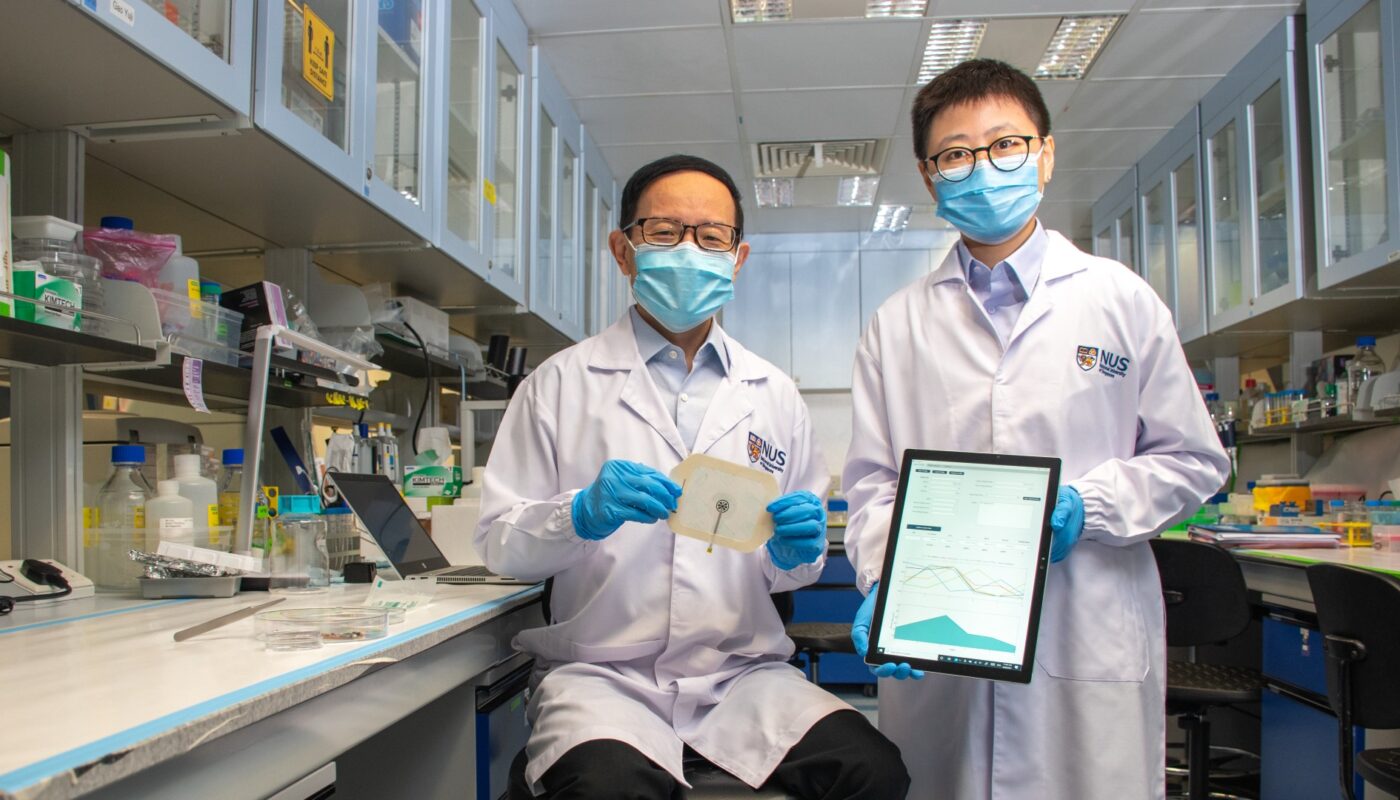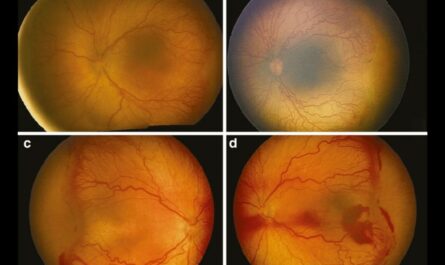A research team at KAIST has successfully created a cutting-edge wireless system that can track the healing progress of chronic diabetic wounds by monitoring temperature changes and heat transfer dynamics in damaged areas. Lead by Professor Kyeongha Kwon from the School of Electrical Engineering at KAIST, in collaboration with Professor Hanjun Ryu from Chung-Ang University, this digital healthcare technology offers real-time monitoring of wound healing to facilitate timely and personalized treatment interventions.
The skin plays a crucial role as a protective barrier for the body, and any damage to it can pose serious health risks to patients, particularly those with underlying conditions like diabetes. The impaired blood circulation and compromised wound healing process in diabetic patients often lead to the formation of chronic wounds, necessitating specialized care and attention.
In the United States, the treatment of skin regeneration from such wounds incurs significant medical costs amounting to billions of dollars. While there are various methods available to promote wound healing, tailored management is vital based on the individual condition of each patient’s wounds.
The research team devised a method to track the healing process by monitoring temperature differences between the affected area and the surrounding healthy skin. By studying heat transfer characteristics and moisture changes near the skin surface, they gained insights into the development of scar tissue. The team conducted experiments on diabetic mice models to observe the delay in wound healing and scar tissue formation under pathological conditions, demonstrating the system’s capability to accurately monitor the healing process.
To mitigate tissue damage during device removal post-healing, the system incorporates biodegradable sensor modules that naturally decompose within the body after use. This feature reduces the risk of additional discomfort or tissue damage upon sensor removal, making it feasible for the device to remain inside the wound area without the need for extraction.
Professor Kwon envisions that continuous monitoring of wound temperature and heat transfer dynamics will enhance the assessment of diabetic patients’ wounds, enabling healthcare providers to deliver precise treatments. The inclusion of biodegradable sensors facilitates safe device decomposition post-healing, facilitating ongoing monitoring in both hospital and home settings.
The research team aims to enhance the system by integrating antimicrobial materials to detect and prevent inflammatory responses, bacterial infections, and other complications. This advancement will transform the device into a versatile wound monitoring platform capable of real-time antimicrobial monitoring, providing early detection of infection levels based on changes in temperature and heat transfer characteristics
*Note:
1. Source: Coherent Market Insights, Public sources, Desk research
2. We have leveraged AI tools to mine information and compile it




